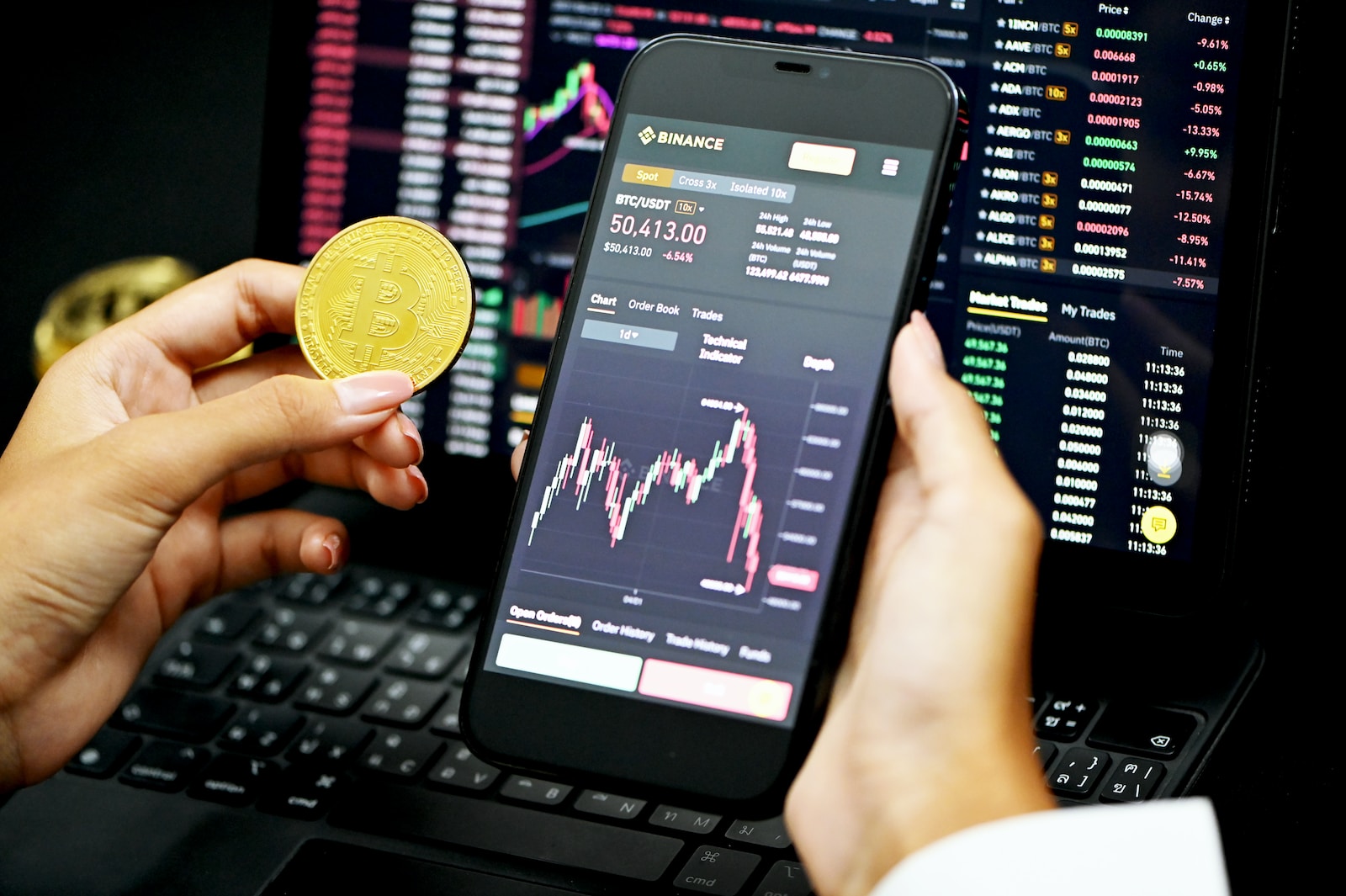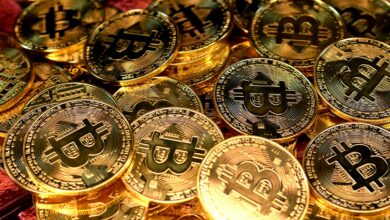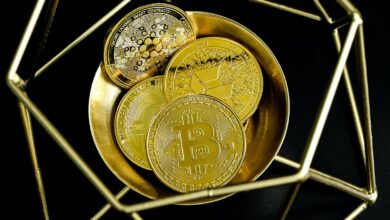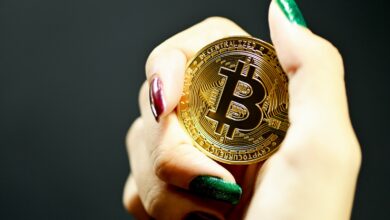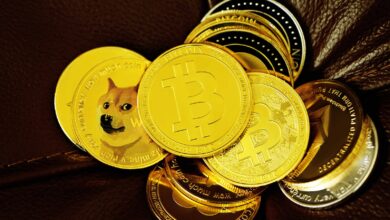Sam Bankman-Fried’s Testimony: Key Insights from the Fraud Trial
A Closer Look at the Founder of FTX and His Defense
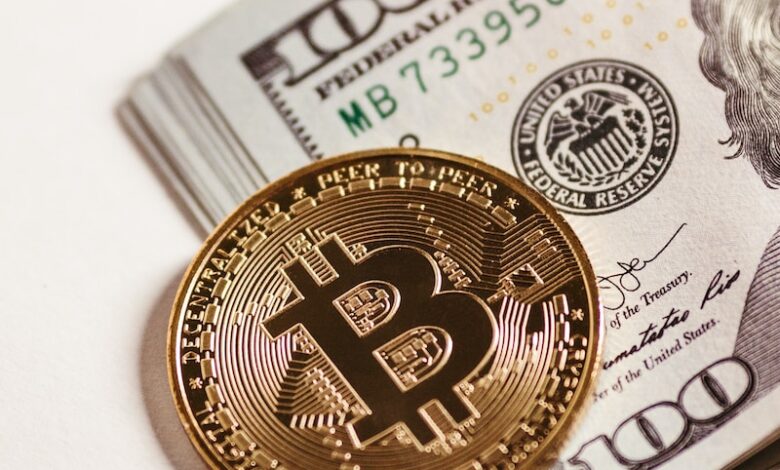
Exploring the Intricate Details of the FTX Collapse Trial
In a pivotal move, Sam Bankman-Fried, the former cryptocurrency tycoon and founder of FTX, took the witness stand in his own defense, addressing the allegations surrounding the multibillion-dollar collapse of FTX in 2022. Here are six significant moments from his testimony:
https://vdbaa.com/fullpage.php?section=General&pub=971445&ga=g
1. Disputing the Central Charge:
Bankman-Fried vehemently denied the accusation of defrauding FTX customers out of billions. Despite damning testimonies from former associates, he maintained that he was unaware of any illegal use of customers' funds.
2. Authenticity of his Public Persona:
Prosecutors probed into Bankman-Fried's eccentric style, suggesting it was a calculated facade. He refuted these claims, asserting that his trademark appearance was a result of personal preference, not a marketing tactic.
3. Limited Initial Knowledge of Cryptocurrency:
Surprisingly, Bankman-Fried admitted to having minimal knowledge about cryptocurrencies when he founded FTX. He acknowledged that his aim was to create a leading product in the market, but the outcome took an unexpected turn.
4. Blaming Caroline Ellison and Binance:
Bankman-Fried’s defense centered on portraying Caroline Ellison as the architect of FTX’s downfall. He emphasized his concerns about Alameda Research’s risk exposure and pointed to Binance’s actions as a contributing factor to FTX’s collapse.
5. ‘Overwhelmed Math Nerd’ Defense:
Bankman-Fried’s defense emphasized his overwhelming workload as the reason for any alleged oversights. The exponential growth of FTX, from millions to billions in daily trading, contributed to his challenges in managing the platform.
6. ‘I Do Not Recall’:
Throughout his testimony, Bankman-Fried repeatedly stated, “I do not recall,” in response to questioning. This frequent refrain may have implications for his credibility in the eyes of the jury.
Bankman-Fried's testimony sheds light on the complexities surrounding the FTX collapse trial. As the proceedings continue, the outcome remains uncertain for the one-time cryptocurrency mogul and his company.
After nearly a month of his ongoing fraud trial, Sam Bankman-Fried, the former cryptocurrency magnate and founder of FTX, chose to take the witness stand in his own defense, exposing himself to extensive questioning from prosecutors. Bankman-Fried faces seven counts of wire fraud and conspiracy to launder money in connection with the multibillion-dollar collapse of FTX in 2022. Here are six crucial moments from his testimony.
"Sam Bankman-Fried's Fraud Trial Testimony: Six Crucial Takeaways
Sam Bankman-Fried, the former cryptocurrency mogul, recently took the witness stand in his own defense during his fraud trial, shedding light on a case that has gripped the cryptocurrency community for nearly a month. As the founder of the renowned crypto exchange FTX, his testimony was eagerly anticipated, as it presented a pivotal moment in his legal battle against charges of wire fraud and conspiracy to launder money. These charges stem from his alleged involvement in the multibillion-dollar collapse of FTX in 2022, a case that has sent shockwaves throughout the crypto world.
In this article, we delve into six key takeaways from Sam Bankman-Fried’s testimony during the trial, providing valuable insights into his defense and the complex legal battle he is embroiled in.
Denial of the Central Charge: Defrauding FTX Customers
One of the central charges against Bankman-Fried is the alleged misappropriation and embezzlement of billions of dollars, diverting funds for personal use, including real estate, celebrity endorsements, private jets, and political contributions. Additionally, these funds were purportedly used to compensate for a significant budget shortfall at Alameda Research, FTX’s sister hedge fund. Notably, Caroline Ellison, the former CEO of Alameda and Bankman-Fried’s ex-girlfriend, testified that she had committed financial crimes at his behest.
However, during his testimony, Bankman-Fried staunchly denied any knowledge of FTX customers’ funds being used illegally until just before the collapse of his $32 billion company. He asserted that he did not recall instructing his employees to spend customer funds on extravagant real estate and other luxuries. When asked if he had defrauded anyone, he firmly responded, “No, I did not.” He also refuted the claim that he took customer funds.
Nevertheless, he did acknowledge “significant oversights” and “large mistakes,” such as failing to establish a risk management team, an admission that could impact his defense.
Authenticity of His Public Persona
Prosecutors attempted to scrutinize the authenticity of Bankman-Fried’s public persona, contending that his eccentric tech-whiz image was a contrived façade. They argued that his signature unkempt hair and casual cargo shorts were part of a carefully constructed persona aimed at winning over customers and investors. Bankman-Fried, however, denied these allegations, asserting that his personal style was not a deliberate act to manipulate public perception.
He refuted claims made by Caroline Ellison, who testified that his image was a calculated move. Despite being confronted with specific quotes and articles, Bankman-Fried maintained that he did not recall making the statements attributed to him. This aspect of his testimony could influence the jury’s perception of his authenticity.
Limited Knowledge About Crypto at the Beginning of FTX
A surprising revelation during the trial was Bankman-Fried’s admission that he had “basically nothing” in terms of knowledge about cryptocurrencies when he founded FTX. His understanding of cryptocurrencies was rudimentary, describing them as “things you could trade.” He further stated that he had no idea how they functioned and embarked on this venture with the ambition of building a superior product in the crypto market and advancing the crypto ecosystem.
However, his aspirations did not align with reality, as he acknowledged that the outcome was the opposite of his intentions. FTX experienced substantial setbacks, resulting in significant harm to customers, employees, and ultimately leading the company into bankruptcy.
Blaming Caroline Ellison and Binance
Bankman-Fried’s defense strategy placed considerable emphasis on portraying Caroline Ellison as the architect of FTX’s downfall. His legal team highlighted his attempts to mitigate FTX’s risks by asking Ellison to hedge Alameda’s positions, which he claimed she failed to do. This narrative aimed to depict Bankman-Fried as proactive and genuinely concerned about FTX’s well-being.
He recounted conversations with Ellison in which he expressed his concerns about Alameda’s substantial decrease in value and its lack of adequate hedging against market volatility. According to Bankman-Fried, Ellison admitted to her failures and offered to resign from her position. His defense also insinuated that Binance, a competitor of FTX, played a role in the exchange’s collapse by selling a significant amount of FTX’s house cryptocurrency, FTT, after a CoinDesk report raised concerns about Alameda Research’s holdings in the token.
‘Overwhelmed Math Nerd’ Defense
Bankman-Fried's defense team aimed to bolster the perception that he was an overwhelmed individual, unable to grasp the extent of FTX's issues due to the company's exponential growth. FTX's daily trading volume surged from single-digit millions in 2019 to tens of billions in 2022, a development that he did not anticipate.
He cited receiving thousands of emails daily and expressed his difficulty in managing this volume of correspondence. At one point, he aimed to maintain an inbox with 60,000 unread messages, highlighting the overwhelming nature of his role.
Frequent Use of 'I Do Not Recall'
Throughout his testimony, Bankman-Fried invoked the phrase "I do not recall" on numerous occasions in response to questioning. He repeated this statement more than 100 times, even when confronted with on-the-record statements he had previously made or recorded interviews where he expressed specific views. The repetition of this phrase could impact the jury's perception of his credibility and memory.In Conclusion
Sam Bankman-Fried's testimony during his fraud trial has shed light on critical aspects of his defense, while also raising questions about the authenticity of his public persona and his level of involvement in the alleged fraudulent activities. As the trial unfolds, the outcome remains uncertain, and the jury's interpretation of these key takeaways will play a significant role in determining Bankman-Fried's legal fate.

